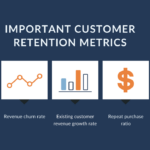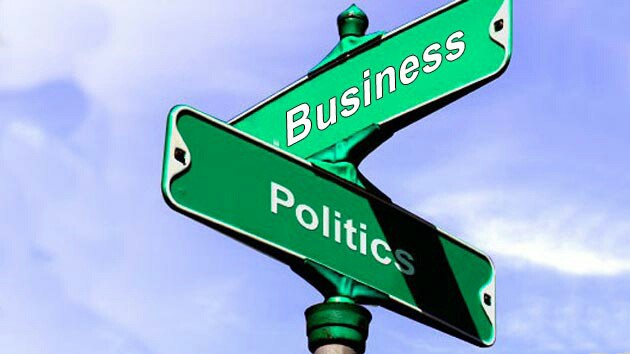As business owners and investors plan for the future, it’s critical that they consider how external forces will affect the success of their companies. The political climate plays a huge role as the decisions politicians are making can dictate what kind of startups are created, how they are created, and how they can succeed. Here are some of the biggest ways that political activity can shape the entrepreneurial sector:
Cultural Attitudes and Buying Decisions
With such a huge platform to speak from, politicians have a huge effect over the attitudes of their constituents. Their leadership has the potential to shape a whole generation of cultural attitudes and beliefs. Every entrepreneur knows the importance of understanding your desired demographics, but it is equally important to understand how the political climate can subtly reshape them. Pay attention to how consumer spending and cultural attitudes evolve, and either alter your product or service or develop new additions that fit those changes. You may not have the power to control the politics surrounding these attitudinal changes, but you can control the way you respond to these shifts.
Economic Trends
The political environment in a country affects its economic environment, and the economic environment, in turn, affects the performance of a business organization. Based on their own personal economic ideologies, different leaders or political parties enact various policies to guide the economy to their idea of prosperity. These policies can influence taxes, leaving your business and respective consumers with more or less money to spend in the marketplace. Economic policies can also have an impact on interest rates throughout the economy, including rates for small business loans that are hugely important for small businesses.
National Security
National-security concerns can have an impact on consumers’ buying and saving habits throughout the economy. The state of a nation is constantly evolving, and the accompanying developments can result in either fear or excitement among the people. When consumers sense political tumult, the resulting fear often leads to the rise of new needs. For example, in an era where a group feels alienated, they may be more likely to invest in products that make them feel seen and heard. By understanding these needs, you can put yourself in a prime position to meet them. On the other hand, when consumers are excited about new developments, their needs may change in different ways. For example, if the economy is thriving and consumers expect their wages to increase, they may be more willing to splurge on more luxurious products. Either way, understanding how your consumers feel and how they expect these needs to be met could affect how you decide to structure your business.
Labor Laws
Any change in labor laws can result in a change in expenses for a business. Even small changes in expenses can be significant for small businesses without large cash reserves. Luckily, changes in labor laws are relatively easy to monitor if your company keeps an eye on political trends. Political candidates tend to be vocal about their stances regarding minimum wages, insurance requirements, and labor-related taxes and regulation, so you will likely be able to anticipate any changes that might affect your business and get ahead of them.
Being aware of political trends at the national and local level is an essential part of planning and strategy development for your small business. Politics may not make or break your company, but they are worth recognizing for the effects that they can have as well as for the opportunities they can bring. AngelytiX focuses on thinking forward because we deal with start-ups that have little history to base decisions on; therefore, taking into account the impact of trends on current and future financial and marketing strategies is extremely vital to us. Additionally, when investors make decisions as to where to deploy their capital, they are thinking about the next five years instead of the last five years, so future trends and the riskiness of the political climate can really influence a strategy when raising capital.





